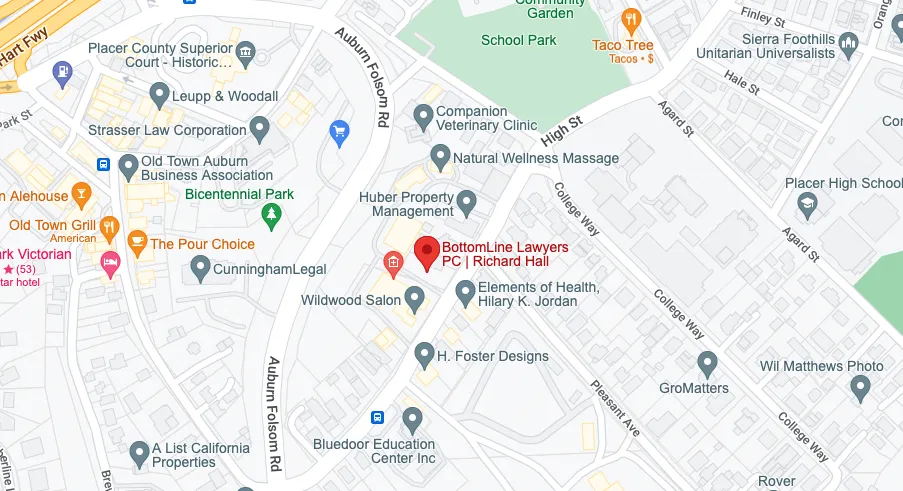IR-2021-117, May 20, 2021
WASHINGTON — The Internal Revenue Service reminds taxpayers who missed the recent tax-filing deadline who are due a refund that there is no penalty for filing late. Those who owe and missed the deadline without requesting an extension should file quickly to limit penalties and interest.
Extra time to file and pay any taxes due without penalties and interest is available for some taxpayers. Included are:
-
Members of the military who served or are currently in a combat zone. They may qualify for an additional extension of at least 180 days to file and pay taxes.
-
Support personnel in combat zones or a contingency operation in support of the Armed Forces. They may also qualify for a filing and payment extension of at least 180 days.
-
Some disaster victims. Those who qualify have more time to file and pay what they owe.
Here are some tips for late filers:
File to get a tax refund
The only way to get a refund is to file a tax return. There is no penalty for filing after the deadline if a refund is due. Use electronic filing options including IRS Free File available on IRS.gov through October 15 to prepare and file returns electronically.
COVID-19 continues to cause delays in some IRS services. If a taxpayer filed a paper tax return, the IRS will process it in the order it was received. Taxpayers should not file a second tax return or call the IRS. The IRS issues more than nine out of 10 refunds in less than 21 days. However, it’s possible a tax return may require additional review and take longer.
Taxpayers can track a refund using the Where’s My Refund? tool on IRS.gov, IRS2Go and by phone at 800-829-1954. Taxpayers need the primary Social Security number on the tax return, the filing status and the expected refund amount. The tool updates once daily, usually overnight, so there’s no need to check more frequently. The Where’s My Refund? tool cannot be used to track Economic Impact Payments.
File to reduce penalties and interest
Normally, taxpayers should file their tax return, or request an extension, and pay any taxes they owe by the deadline to avoid penalties and interest. An extension to file is not an extension to pay. Penalties and interest will apply to taxes owed after May 17.
Even if a taxpayer can’t afford to immediately pay the taxes they owe, they should still file a tax return as soon as possible to reduce possible penalties. The IRS has more information for taxpayers who owe the IRS, but cannot afford to pay.
Ordinarily, the failure to file penalty is 5% of the tax owed for each month or part of a month that a tax return is late, up to five months, reduced by the failure to pay penalty amount for any month where both penalties apply. If a return is filed more than 60 days after the due date, the minimum penalty is either $435 or 100% of the unpaid tax, whichever is less. Filing and paying as much as possible is important because the late-filing penalty and late-payment penalty add up quickly. The failure to pay penalty rate is generally 0.5% of unpaid tax owed for each month or part of a month until the tax is fully paid or until 25% is reached. The rate is subject to change. For more information see IRS.gov/penalties.
Taxpayers who have a history of filing and paying on time often qualify for penalty relief. A taxpayer will usually qualify if they have filed and paid timely for the past three years and meet other requirements. For more information, see the first-time penalty abatement page on IRS.gov.
Interest is charged on tax and penalties until the balance is paid in full.
Pay taxes due electronically
Those who owe taxes can pay with IRS Direct Pay, by debit or credit card or apply online for a payment plan (including an installment agreement). For more electronic payment options visit IRS.gov/payments. They are secure and easy to use. Taxpayers paying electronically receive immediate confirmation when they submit their payment. With Direct Pay and the Electronic Federal Tax Payment System (EFTPS), taxpayers can opt in to receive email notifications about their payments.
Selecting a tax professional
The IRS offers tips to help taxpayers choose a tax return preparer wisely. The Choosing a Tax Professional page has information about tax return preparer credentials and qualifications and guidance on avoiding unscrupulous tax return preparers
The Directory of Federal Tax Return Preparers with Credentials and Select Qualifications can help taxpayers find tax return preparers who hold a professional credential recognized by the IRS or who have completed the requirements for the IRS Annual Filing Season Program.
Taxpayer Bill of Rights
Taxpayers have fundamental rights under the law that protect taxpayers when they interact with the IRS. The Taxpayer Bill of Rights presents these rights in 10 categories. IRS Publication 1, Your Rights as a Taxpayer, highlights these rights and the agency’s obligation to protect them.


